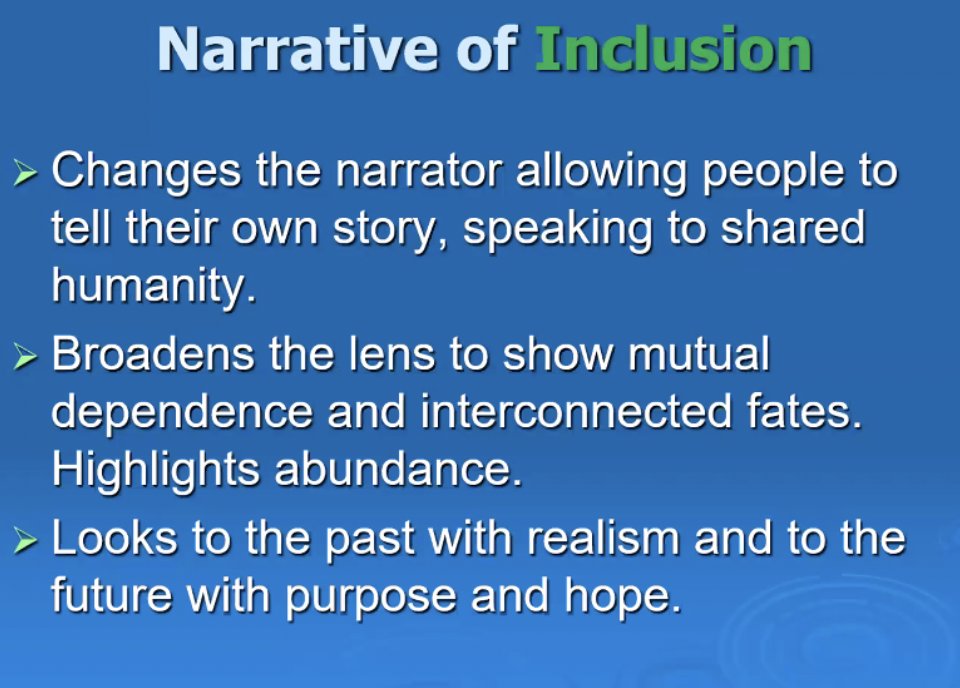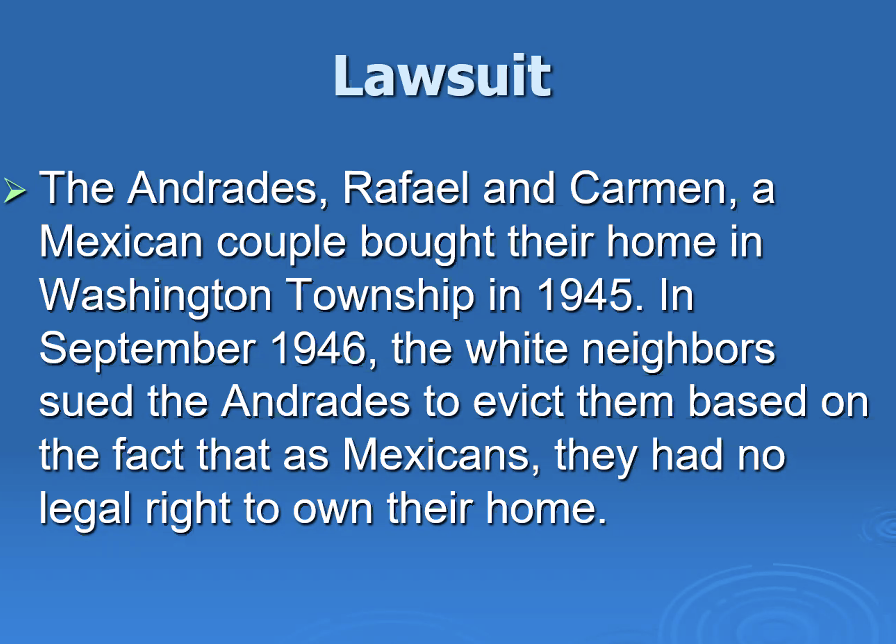
Next up in Fellowship Week: @dr_tonyiton, who has for years delivered a foundational talk on systemic racism and social determinants of health to our Fellows. He conducted groundbreaking research on life expectancy being tied more to zip codes rather than genetic codes.
@dr_tonyiton "You have more influence on the health status of Americans than most doctors," @dr_tonyiton tells our Fellows.
These are the three themes most consumers are led to believe about health in the United States. "They're largely wrong," @dr_tonyiton says, driven by a culture of individuality. 

Instead, health is political. Think about parks, green space, access to grocery stores with nutritious food -- these are resources to which people in power control access. Those who hold limited power often have less access. 

"If health is political, that means power matters at the community an individual level," @dr_tonyiton says.
If you're a reporter, challenge how you consider and write about health. Are you recognizing how the ability for people to participate in decision-making shapes their health outcomes? Or framing health through genetics, behaviors and individual decisions?
There are two narratives in this country, @dr_tonyiton says. One is the "Narrative of exclusion" that says some groups are more important than others, assigning value based on race. The other is a "narrative of inclusion," that America is an idea of optimizing freedom for all.
The two narratives dictate health, @dr_tonyiton says. 

"Narratives are extremely powerful. Narratives shape policy. Policy creates conditions." — @dr_tonyiton.
Consider social compact. @dr_tonyiton is from Canada. Here was his experience growing up. 

Iton left Canada to East Baltimore to go to Johns Hopkins for medical school. These were the conditions he was met with. A classmate told him: "What did you expect? This is the inner city." The single comment shaped the trajectory of his life. #USCHealthJournalism 
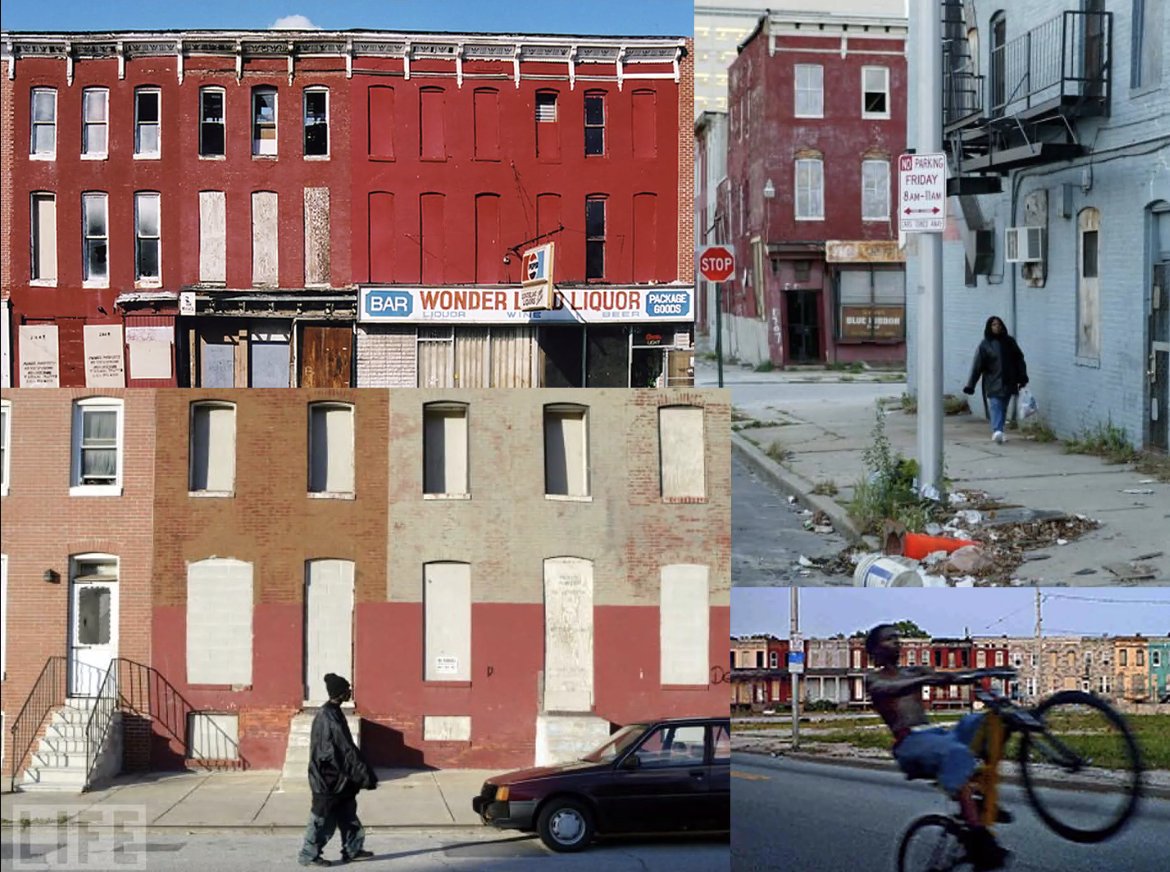
"Kids have illnesses related to the conditions in which they live," @dr_tonyiton said, bemoaning the futile attempts to fix social ills with pharmaceuticals.
It caused @dr_tonyiton to ask: What's America's Social Compact? What are the universal policies and investments we make in all Americans with the idea of investments yielding healthy returns in the future? 
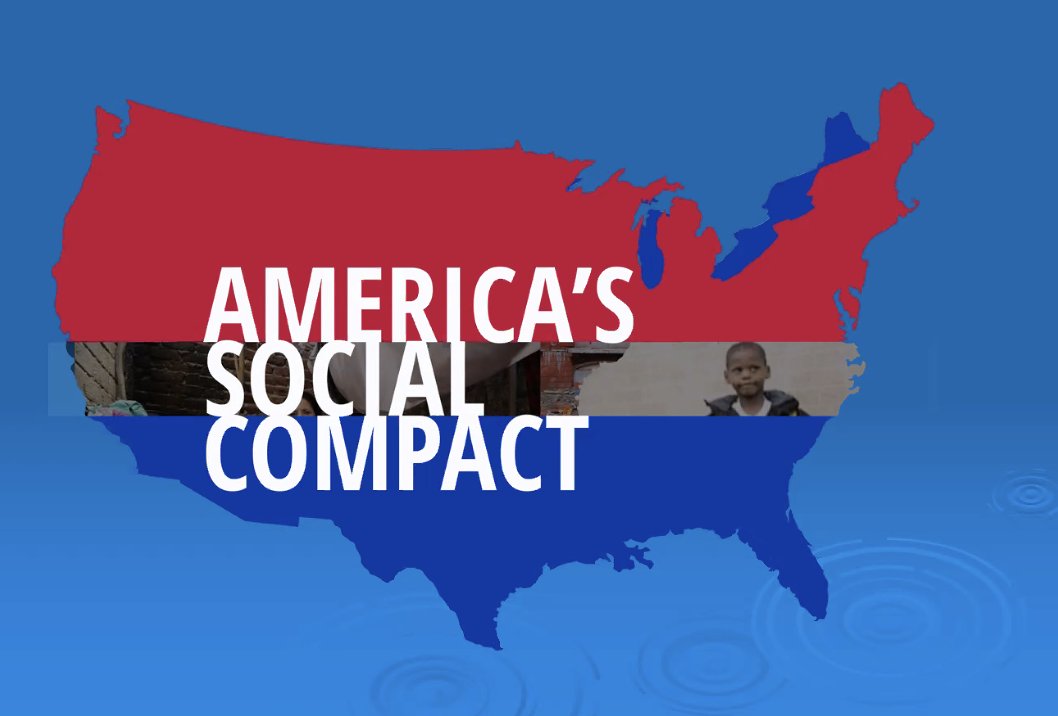
When @dr_tonyiton was the health officer of Alameda County, he began looking at the correlation between life expectancy and zip codes. "Give me your address and I'll tell you how long you're going to live," Iton said. 

Here's a deed restriction -- i.e. a racially restrictive covenant in housing that limits where people can live. It's redlining. You can't "just move" and pull yourself up by your bootstraps if you have no boots to begin with. 
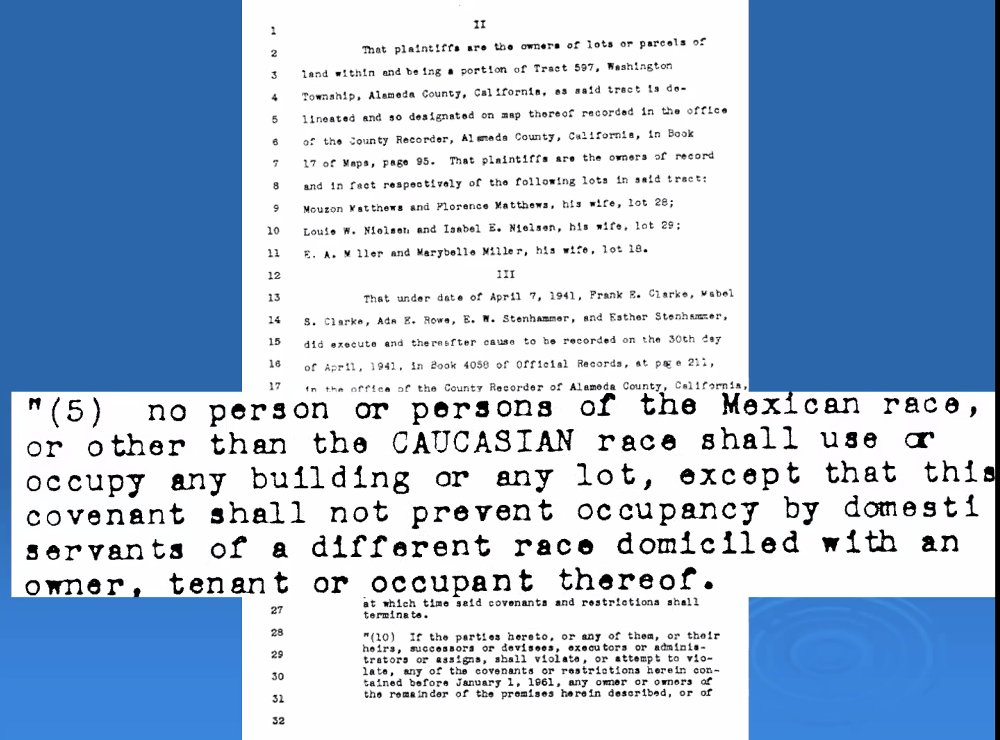
Racially restricted covenants is how realtors would organize housing. They were strongly encouraged by the federal government, @dr_tonyiton says. 


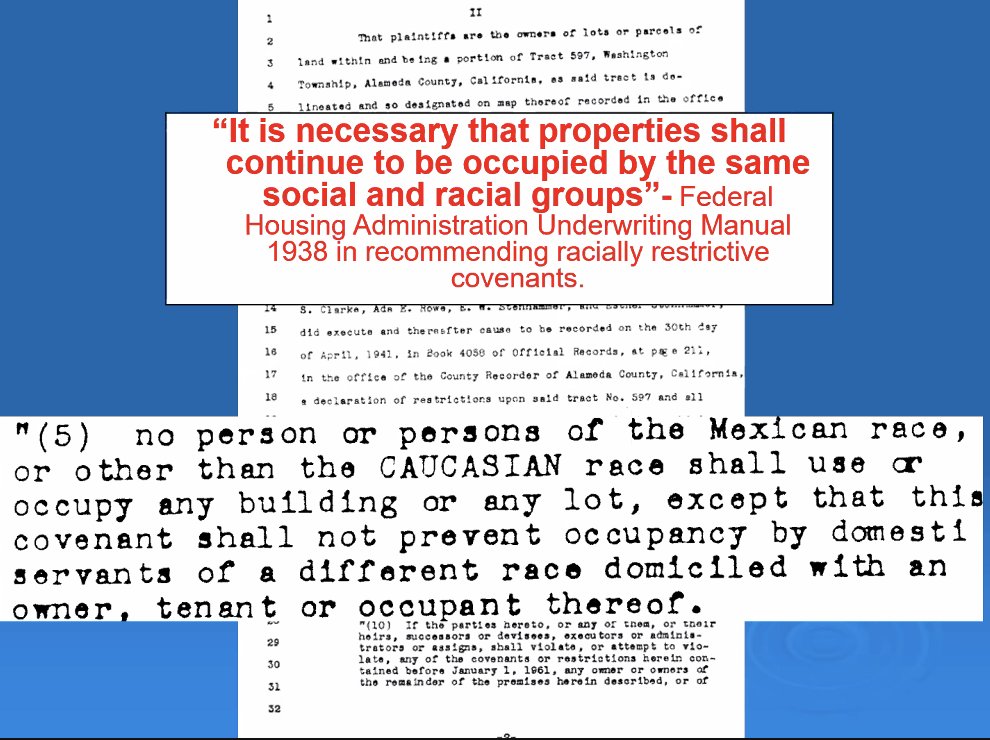
But it's not just POC who suffer due to the lack of a US social compact. White life expectancy is in freefall, Iton says. We spend far less on social services than other developed nations. #USCHealthJournalism 

The actual causes of death are not impacted by what happens in the doctor's office, @dr_tonyiton says. 

People living in stress incubator environments are physiologically predisposed to worse health outcomes, @dr_tonyiton says.
Thank you so much to @dr_tonyiton for taking time to enlighten our Fellows today. Your inspiring talk about social determinants, social compacts and narrative in health is a foundational part of our Fellowship. #USCHealthJournalism
• • •
Missing some Tweet in this thread? You can try to
force a refresh


